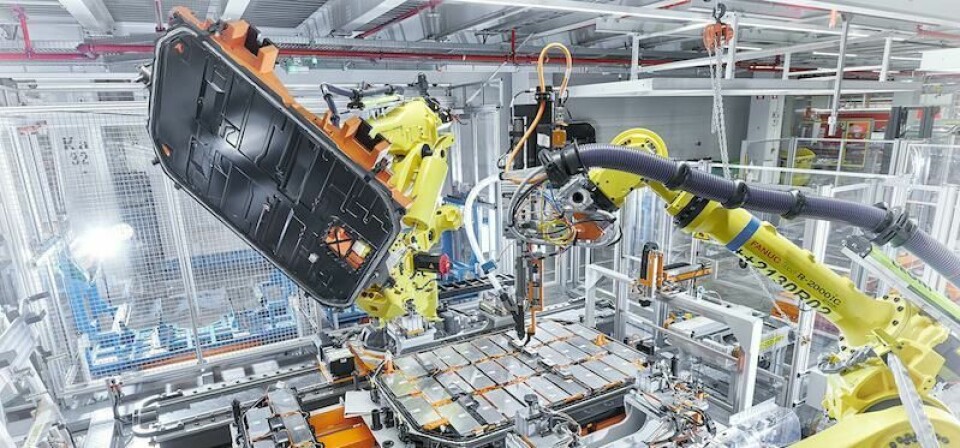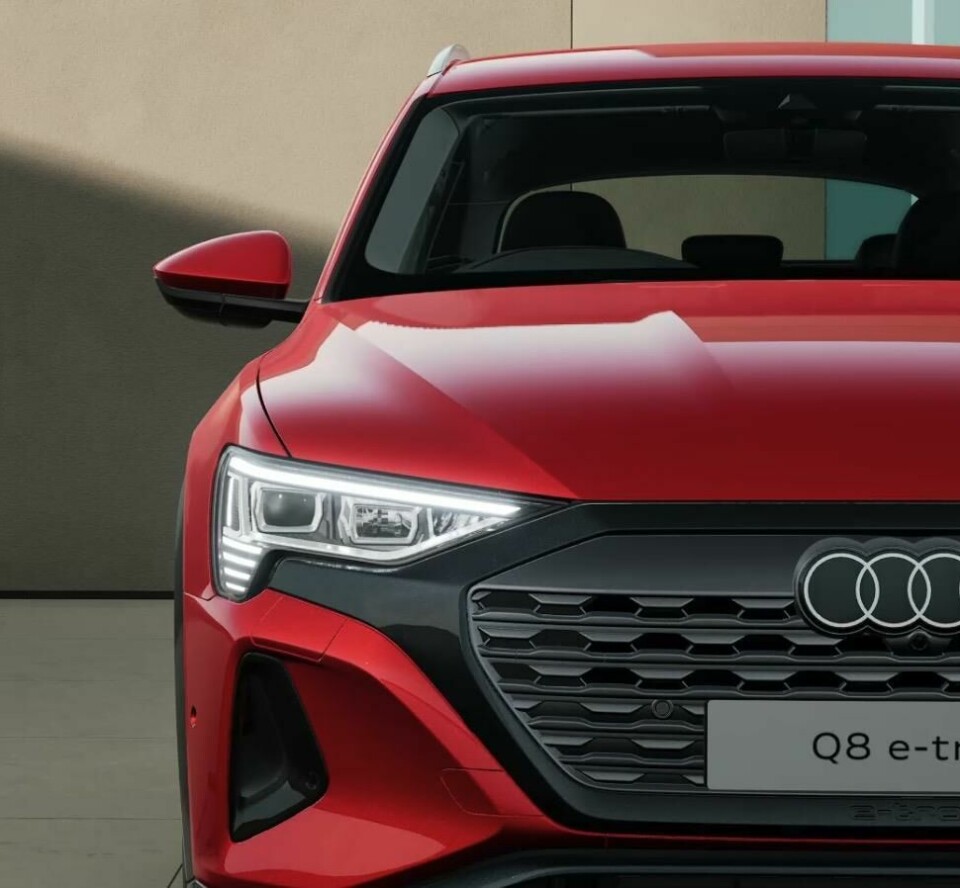Audi may close Brussels plant amid low demand for its Q8 e-tron EV
Audi is contemplating the early closure of its Brussels plant as demand for its Q8 e-tron drops sharply. This move could impact up to 3,000 employees, marking a significant shift in response to declining electric vehicle sales and high production costs at the facility.

Audi is contemplating significant restructuring measures at its Brussels plant, primarily driven by a “sharp drop” in demand for its electric vehicles, particularly the Q8 e-tron and Q8 Sportback e-tron. This potential closure could affect up to 3,000 workers and marks a significant move by the German automaker in response to shifting market dynamics.

According to a statement from Audi, the decision is influenced by a “global decline” in sales within the electric luxury class segment. The brand has observed a marked decrease in customer orders for the Q8 e-tron, compounded by the introduction of new models on the Premium Platform Electric. The Brussels facility, which manufactured around 50,000 cars last year, faces unique challenges, including high logistics costs and structural constraints due to its central location in the Belgian capital.
No final decision yet but indications are pointing to closures
Volker Germann, CEO of Audi Brussels, emphasized that no definitive decision has been made. “The announcement of the intention does not mean that a decision has been made. Nevertheless, this news has been felt very profoundly by the employees in Brussels and by me too. A transparent and constructive dialogue is important in the process that will follow. We will take all perspectives into account,” Germann said.
Gerd Walker, Member of the Board of Management of Audi AG for Production and Logistics, reiterated the commitment to handling the situation responsibly. “The decision to start the information and consultation process at the Brussels site was made after an intensive review and is supported by Audi AG.
”The potential closure of the Brussels site, along with other unplanned expenses, could impact Volkswagen’s financial performance, leading to a lowered operating return forecast for 2024”
The task now is to shape this process constructively and transparently together with all those involved and to discuss viable solutions in the interests of all,” Walker added.
The Brussels plant, lacking a press shop and situated close to private properties and a railway, faces logistical challenges that add to the production costs. Parts need to be transported over greater distances, making inbound logistics more complex and costly. These factors contribute to higher production costs at the Brussels plant compared to other Audi sites.
Volkswagen, Audi’s parent company, has also been affected. The potential closure of the Brussels site, along with other unplanned expenses, could impact Volkswagen’s financial performance, leading to a lowered operating return forecast for 2024. The group expects costs related to the Brussels plant’s future to total up to €2.6 billion ($2.8 billion) next year.
This would be Audi’s first closure since 1988
Volkswagen has not shut down a plant since closing its Westmoreland site in Pennsylvania in 1988. The current situation at the Brussels plant highlights the broader challenges facing the automotive industry, including lower-than-expected demand for electric vehicles despite significant investments in capacity and technology. While Audi is considering ending the production of the Q8 e-tron, with some sources suggesting this could happen by 2025, the company is already planning for its successor. This new model will be manufactured at Audi’s San José Chiapa plant in Mexico.
As the automotive industry grapples with these challenges, Audi’s ongoing consultation process with the Company Council and social partners aims to explore all viable alternatives for the Brussels plant and its employees, ensuring a fair and transparent approach to any future decisions.


